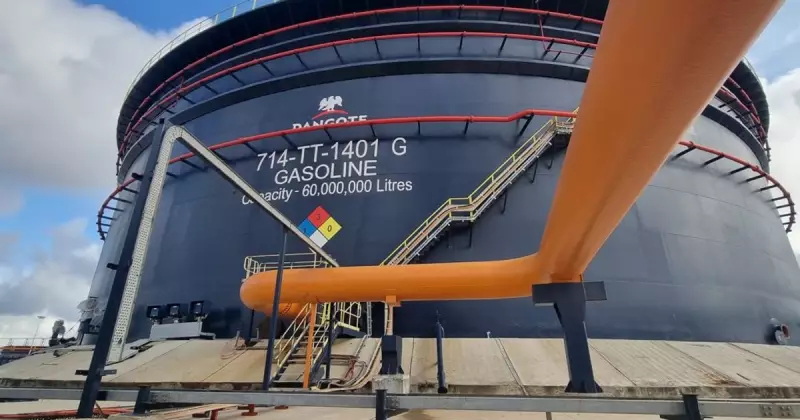
In a surprising development that has sent ripples through Nigeria's energy sector, the multi-billion dollar Dangote Refinery has officially withdrawn its legal challenge against the Nigerian Midstream and Downstream Petroleum Regulatory Authority (NMDPRA). The refinery had previously taken the regulator to court over its decision to issue import licenses for refined petroleum products to other companies.
The Legal Standoff Comes to an End
The controversial lawsuit, which had been pending before the courts, questioned the NMDPRA's authority to continue granting import licenses for refined products despite Dangote Refinery's massive $20 billion investment aimed at making Nigeria self-sufficient in petroleum production. Industry watchers had been closely monitoring the case, seeing it as a critical test for the country's evolving energy policies.
What Prompted the Sudden Change of Heart?
While the exact reasons behind the lawsuit withdrawal remain undisclosed, energy analysts suggest several factors may have influenced Dangote's decision:
- Potential behind-the-scenes negotiations between the refinery and regulatory authorities
- Strategic business considerations as the refinery ramps up production capacity
- Growing recognition of the need for transitional import arrangements
- Political and economic pressures to ensure stable fuel supply nationwide
Implications for Nigeria's Fuel Supply Chain
This development comes at a crucial time for Nigeria's energy landscape. The Dangote Refinery, with its 650,000 barrels per day capacity, represents Africa's largest oil refinery and was designed to end Nigeria's dependence on imported refined products.
The withdrawal of the lawsuit suggests a more collaborative approach between the refinery and regulators, potentially signaling smoother operations ahead for the country's petroleum sector. Market observers believe this could lead to more stable fuel prices and improved supply reliability across the nation.
Industry Reactions and Future Outlook
Energy sector stakeholders have welcomed the news, viewing it as a positive step toward resolving tensions between local production ambitions and existing import arrangements. The resolution allows the NMDPRA to continue managing the transition period where both local production and limited imports coexist to meet national demand.
As Dangote Refinery continues to scale up its operations, this legal resolution removes a significant uncertainty that had been hanging over Nigeria's energy transition plans. The focus now shifts to how quickly the refinery can achieve full production capacity and truly transform Nigeria from a fuel-importing nation to a net exporter.






